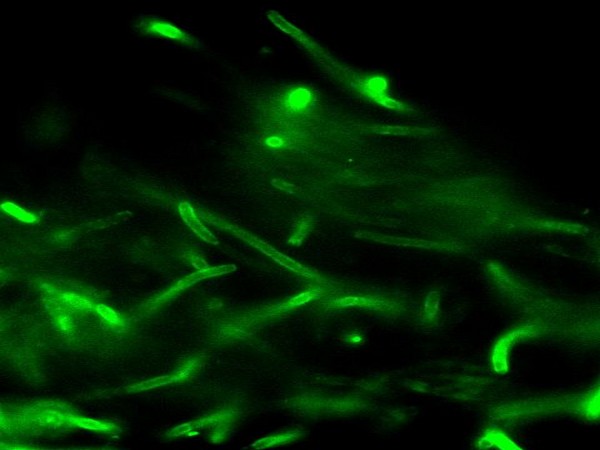Washington D.C.: Potential lethal infections from certain viruses can be treated through a promising clinical antibody induction.
According to results from the test on 40 patients, the trial was conducted in healthy participants and further trials will be needed to demonstrate its efficacy in infected patients.
The study has recently been published in The Lancet Infectious Diseases journal.
Hendra virus and Nipah virus are two closely related RNA henipaviruses that emerged in 1994 and 1998 respectively. Flying foxes, a type of fruit bat, appear to be the major natural reservoir hosts for henipaviruses.
Although the number of outbreaks has been small so far, Henipavirus diseases have been placed on the WHO list of diseases with epidemic potential. Nipah virus has the potential to mutate rapidly, and human-to-human transmission is possible.
“Given the high death rate from infection by henipaviruses, their ability to cause infection in multiple organs including the brain, and their unique ability to spread to humans from bats via a wide range of animal species including horses and dogs, doctors need a safe way to neutralise them,” says Dr. Elliott Geoffrey Playford from Princess Alexandra Hospital, Australia.
This study’s results are the first to confirm that administering an antibody that binds to the virus is safe, making it the most promising therapeutic option to date for addressing this unmet medical need.
The monoclonal antibody m102.4 has successfully neutralised henipaviruses in previous experiments with non-human primates. The study was randomised, double-blinded and placebo-controlled. Forty eligible adults aged 18 to 50 were randomly assigned to five different groups.
The safety and tolerability of m102.4 were assessed using a combination of tests including physical examinations, clinical laboratory tests, electrocardiogram (ECG), and records of adverse events. Blood samples were taken from volunteers to test for any immune reactions and for the ability of the body to eliminate the antibody.
Overall, the doses of m102.4 used in the study were found to be safe and well-tolerated. The researchers recorded no serious adverse events related to treatment. The most common treatment-related adverse events were headaches, which were reported by 12 out of 30 volunteers in those receiving the antibody and three out of 10 volunteers who received the placebo. Volunteers who received the double dose did not report an increase in headaches.
In tests on the blood samples, the body’s ability to eliminate the antibody was found to be similar between participants receiving the single or repeated dose. At no time point during the study did the antibody generate an immune reaction against the antibody itself.
The authors conclude that the antibody remained active for at least eight days after intravenous injection. (ANI)





